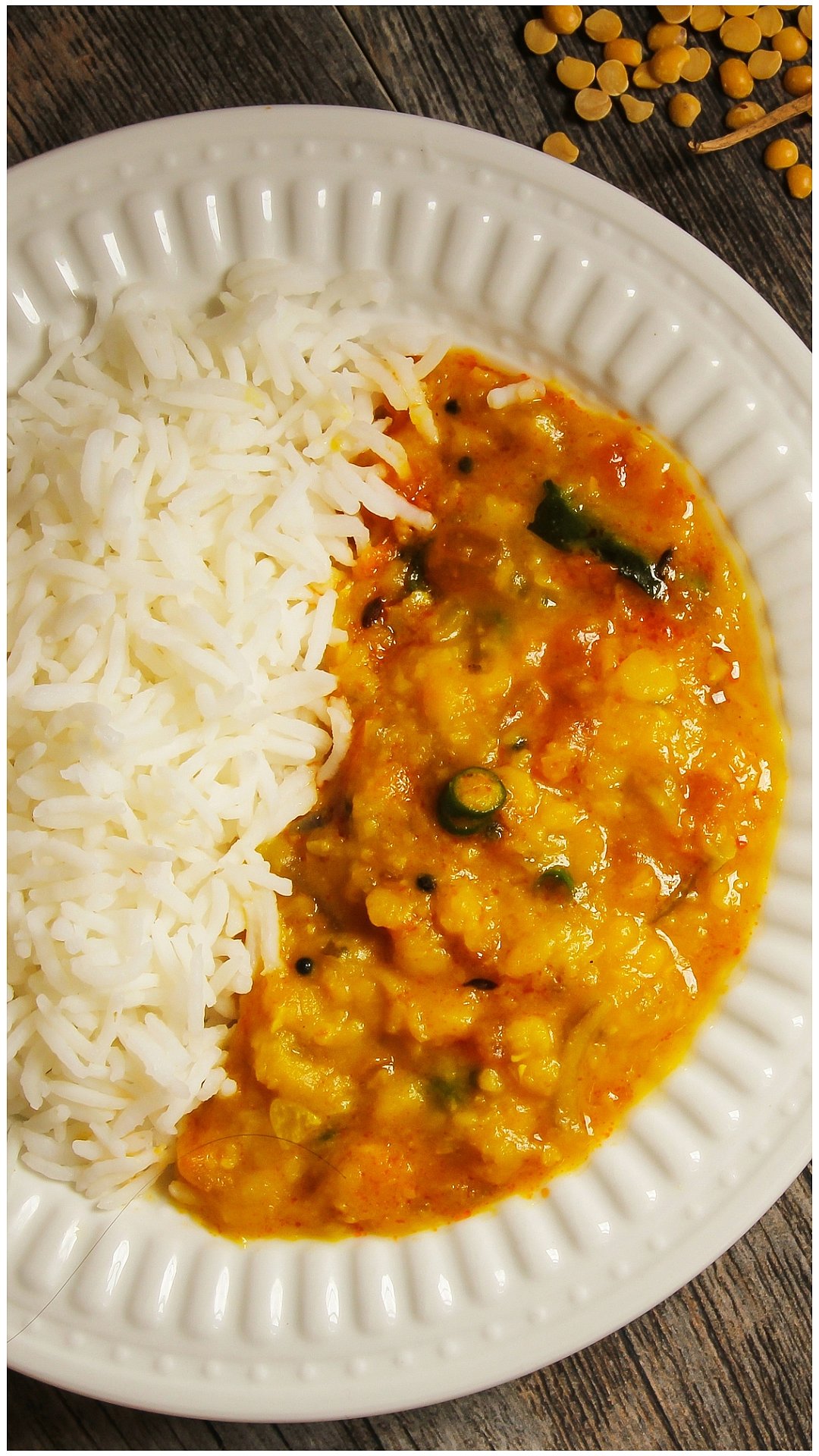Opera Day is celebrated every year on February 8. While many of us would recognize an opera if we heard one, we may not be well-versed with the definitions and complexities of this musical genre.
The term ‘opera’ in Italian means ‘work’, and the text is called the ‘libretto,’ which means “small book.”
In a nutshell, an opera is a form of performance art that uses music, text, and/or dialogue to dramatise a story. Acting, set design, costumes, and dancing all come together in an opera.
Opera was born out of the classical music tradition in the West. It first started in Italy and then spread across Europe to France, Germany, Russia, and England.
History
Operas have been captivating audiences since the 16th century, and this highly revered art form continues to gain new enthusiasts, complete with its own special day.
The opera art form has evolved and diverged in a variety of ways since its inception. Opera first became known for its emphasis on the chorus, by recreating ancient Greek dramas. The first season of opera took place in Venice in 1637, becoming a popular form of entertainment ever since.
What is the difference between Opera and a Musical?
Opera is performed by singing and then letting the drama flow with the sung words. Opera singing is divided between arias, recitatives, and chorus numbers. Musicals, on the other hand, are primarily dialogue with dance interludes.
You'll be surprised by these 5 opera facts!
During the 17th century, women were not allowed to sing on stage, so castrated males would sing the soprano/mezzo/alto parts.
San Cassiano in Venice was the first opera house to open to the public; here, 'the father of opera,' Claudio Monteverdi, emphasized a more dialogue-based style of opera.
In 1991, Plácido Domingo received 101 curtain calls and an 80-minute standing ovation, which was the longest standing ovation in the history of opera.
Whistling is considered the equivalent of booing in European opera.
Mozart wrote ‘Bastien und Bastienne’ when he was just 12 years old.







